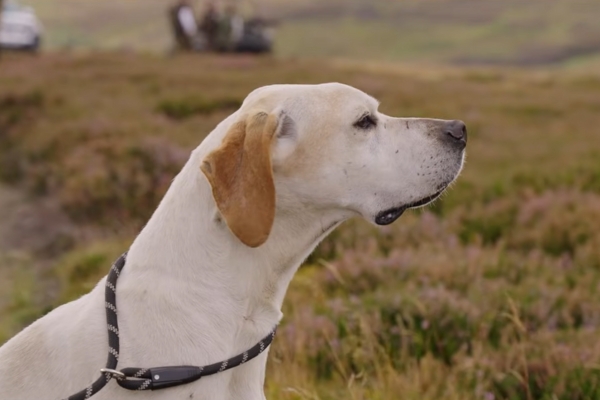
Video story: On point
Watch our new film to learn how one of our oldest gundog breeds remains unmatched for modern grouse shooting and moorland management.
Get information on the legal shooting season for mammals and birds in the UK.
Apply for funding for your project or make a donation today
Comprehensive information and advice from our specialist firearms team.
Everything you need to know about shotgun, rifle and airgun ammunition.
Find our up-to-date information, advice and links to government resources.
Everything you need to know on firearms law and licensing.
All the latest news and advice on general licences and how they affect you.
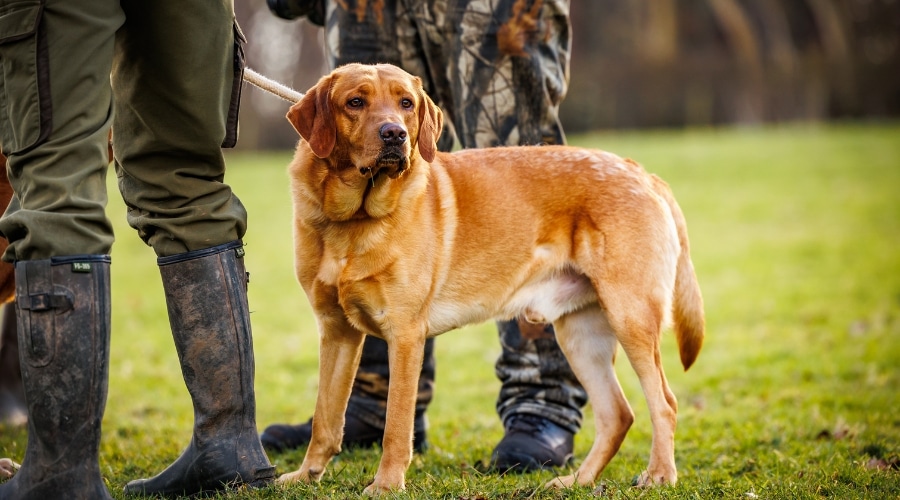
BASC’s Felicity Tickridge-Marshall makes the case for rehoming a dog with a view to offering a second chance through a working life.
A top working dog is a much-revered creature, often met with legendary status on the shoot he or she frequents with their owner during the season. Whether they are the linchpin of a picking-up team, or an essential part of the beating line, these dogs are often the ones we’d nominate as our dog-in-a-million if asked.
‘Good Dogs’ differ in size, shape and temperament – varying from the highly charged to the very laid back. And although we all have our preferences for a type or stamp of gundog, it’s fair to say that any number of breeds bring their talents to the fore to excel in the field in their own way.
Each one, like people, has its own unique characteristics and personality, and it is down to us as handlers to get the best out of our dogs through training, time and building a partnership that is like no other.
Many gundog owners will source a new addition to their household as a puppy. As is the case with other stock such as horses and cattle, lineage and pedigree are important in dogs. But is there another route of entry for potential working dogs who may have had a less illustrious start in life?
Every year in the UK, more than 100,000 dogs end up in rescue or rehoming shelters. Sadly, abandonment is not a new problem, but it is one that is increasing in its intensity and severity. The predicted tidal wave of dogs being given up post-pandemic seems to be coming to fruition.
In addition to statistics, anecdotal evidence demonstrating the need for good homes for a diverse population of dogs, is everywhere. Social media is awash with content from rescue and rehoming charities looking to raise awareness and connect dogs with their future families.
Within the array of those being relinquished are many who have the potential to find a new life as a working gundog. In a recent survey of the number of dogs abandoned each year, Labradors ranked number six on the list, with spaniels of all varieties coming in at number 14.
A second chance gundog is not a new concept for some, however if it’s something that has never occurred to you, let me give you an example.
When I was a teenager, my dad, who always had a number of dogs (some working, some of the more ornamental variety, but all much loved) saw an advert from a rehoming centre in London for a number of springer spaniels in need of new homes.
Having passed the charity’s checks of the time, Dad made the journey to the centre, and brought home with him an 18-month-old liver and white spaniel called Jim. Jim (renamed Bramble) had lived his existence thus far in a high-rise block of flats near Battersea, before being abandoned.
For the first six months of his new life in the countryside, he was a handful. He’d clearly never known so much space and to run and run was the sole purpose of his every day. Gradually, he became accustomed the fact that the space wasn’t going anywhere, and he could calm a little, which in turn allowed him to respond to training. Defying all odds, Bramble became an exceptional asset to the picking-up team and lived out a happy and fulfilled working life.
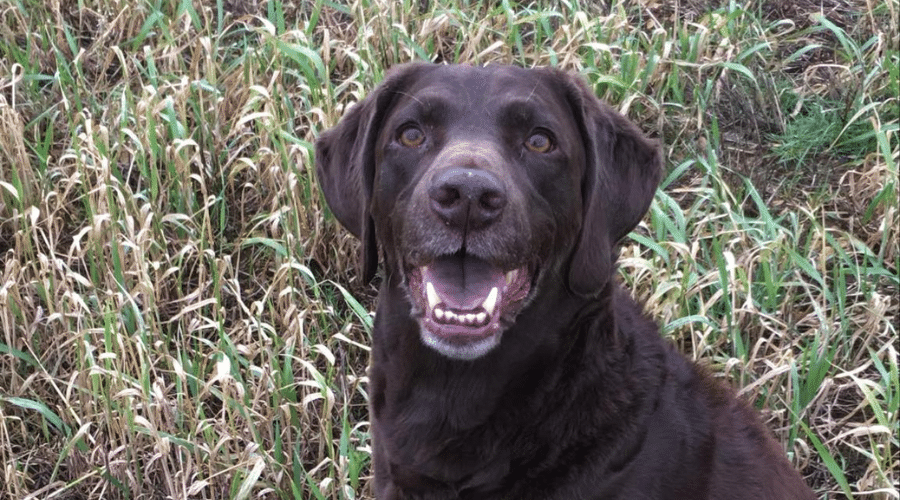
If you’re looking for a working dog, going down the rehoming route is a rewarding and commendable option. While there are no hard and fast rules, dogs aged two years and under give you the best chance of being able to train an untrained dog, or to gradually chip away at acquired behavioural issues.
A survey of 1,000 UK-based rehoming centres found that the average age for a dog to be given up by its owner or abandoned was 22 months, so there may be more young dogs around than you might think. However, that is not to say that an older dog cannot also learn the job and enjoy life in the field, too, so it’s worth considering each as an individual.
Much is said of the stringent rules put into place by rehoming centres in terms of what you must and must not have in place to be considered for a dog. While we all understand the need to set a minimum standard, it can be frustrating if you don’t exactly fit the mould but can still offer a dog a safe, experienced and loving new home.
What is worth noting is that many centres will now do rehoming drives for gundog breeds with a specific focus on them going into working homes. As such, it’s always worth picking up the phone and having the conversation if you’re in the position to rehome a dog.
As for my own personal dog-in-a-million, I was her second chance when she was rehomed to me aged five. She came with her issues, but as our partnership developed over time, these faded and she excelled to become a most outstanding gundog and my very best friend. She finally and reluctantly retired from the field aged 12.
As a BASC member, you can access tailored advice from our specialist gundog team. You’ll also find an array of help and resources on our website, plus information on BASC gundog membership and insurance. Find out more here.

Watch our new film to learn how one of our oldest gundog breeds remains unmatched for modern grouse shooting and moorland management.
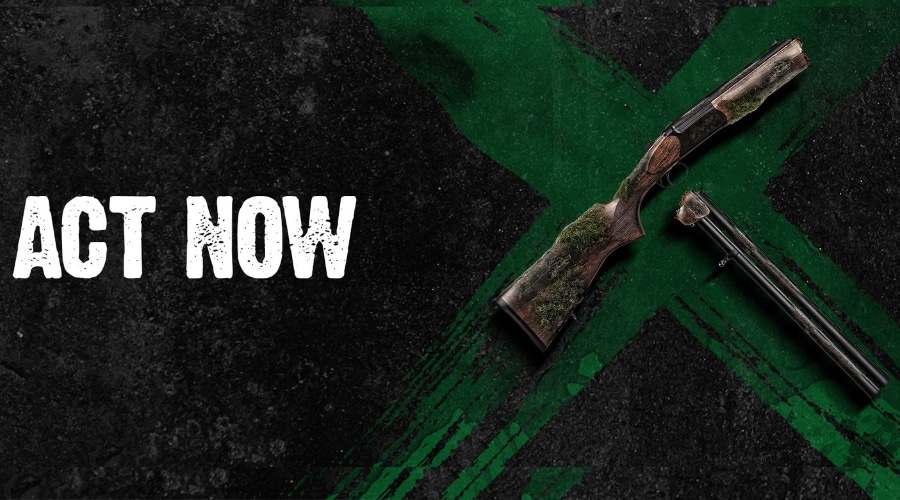
BASC is urging members and the wider rural community to stand up against the Welsh government’s proposals to restrict gamebird releasing.
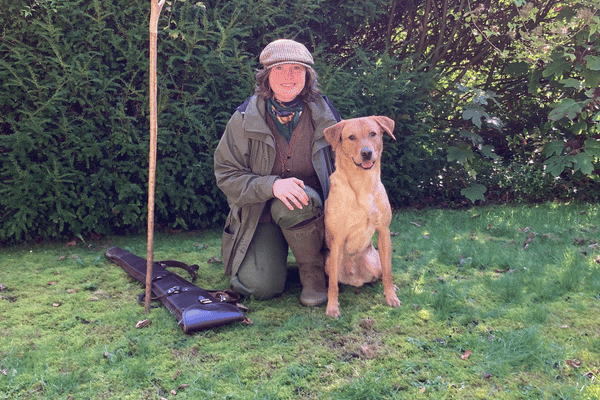
Victoria Chesters talks about the many firsts at the opening of this year’s partridge season in company of her new gundog-(still)-in-training, Walter.